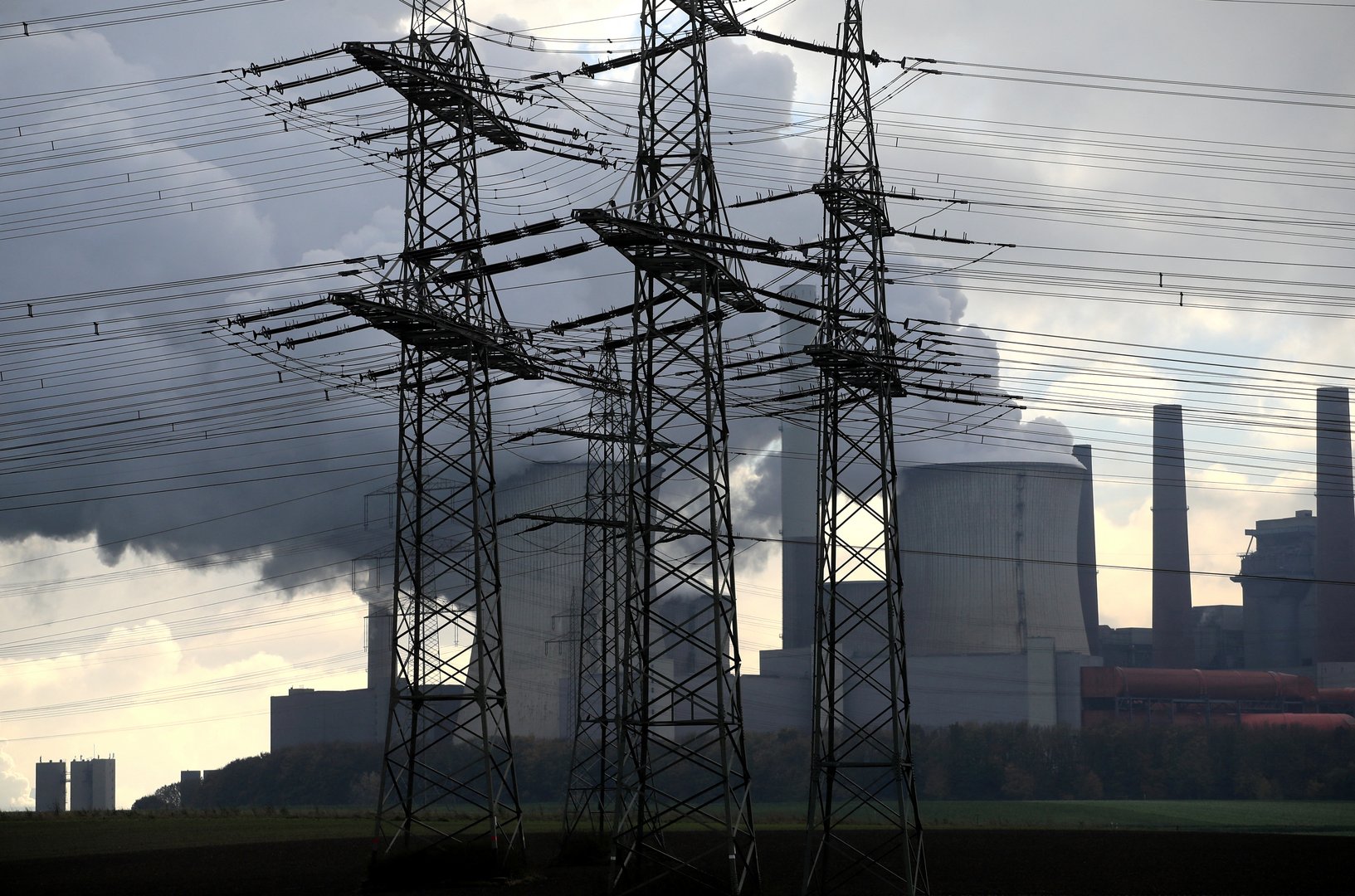Germany will keep two of its three remaining nuclear plants available for power production as part of a reserve scheme recommended by power transmission grid operators (TSOs) that stress-tested electricity supply, the government said on Monday.
Isar 2 and Neckarwestheim 2, of 1,400 megawatts (MW) capacity each and operated by E.ON EONGn.DE and EnBW EBKG.DE respectively, are due to close alongside the third, Emsland, operated by RWE RWEG.DE, by Dec. 31, 2022.[POWER/DE]
Now though, the two southern plants can be called upon until April 2023 to help with possible power shortages this winter, the government said.
Economy minister Robert Habeck said the risks of nuclear technology mandated holding on to the exit plan but restrictions in Russian gas deliveries justified the reserve measure.
That would free up gas for manufacturers and the heating of homes.
The reasons Habeck cited for possible power shortages were a combination of tight nuclear power capacity in France, which is connected to Germany within the European wholesale power market and drought that has curbed hydroelectric production and cooling water supplies to thermal power stations, as well as hampered coal barge deliveries to coal-to-power plants.
“We have a number of uncertain factors, and the summer has exacerbated this significantly with the drought,” Habeck said, adding it was considered highly unlikely that there would be a power crisis as Germany has also resurrected some idled coal-fired power stations and will boost grid capacities shortly.
“The nuclear reserve is a targeted response,” he said.
Habeck stressed that the two nuclear plants would not be equipped with fresh fuel elements.
By the winter of 2023/24, Germany would have additional gas import capacities in the shape of floating storage and regasification units (FSRUs) to help it fare better overall, the government said.
The north of the country where Emsland is situated may be able to operate oil-fired electricity generation capacity in cases of tightness, it added.







Click here to change your cookie preferences